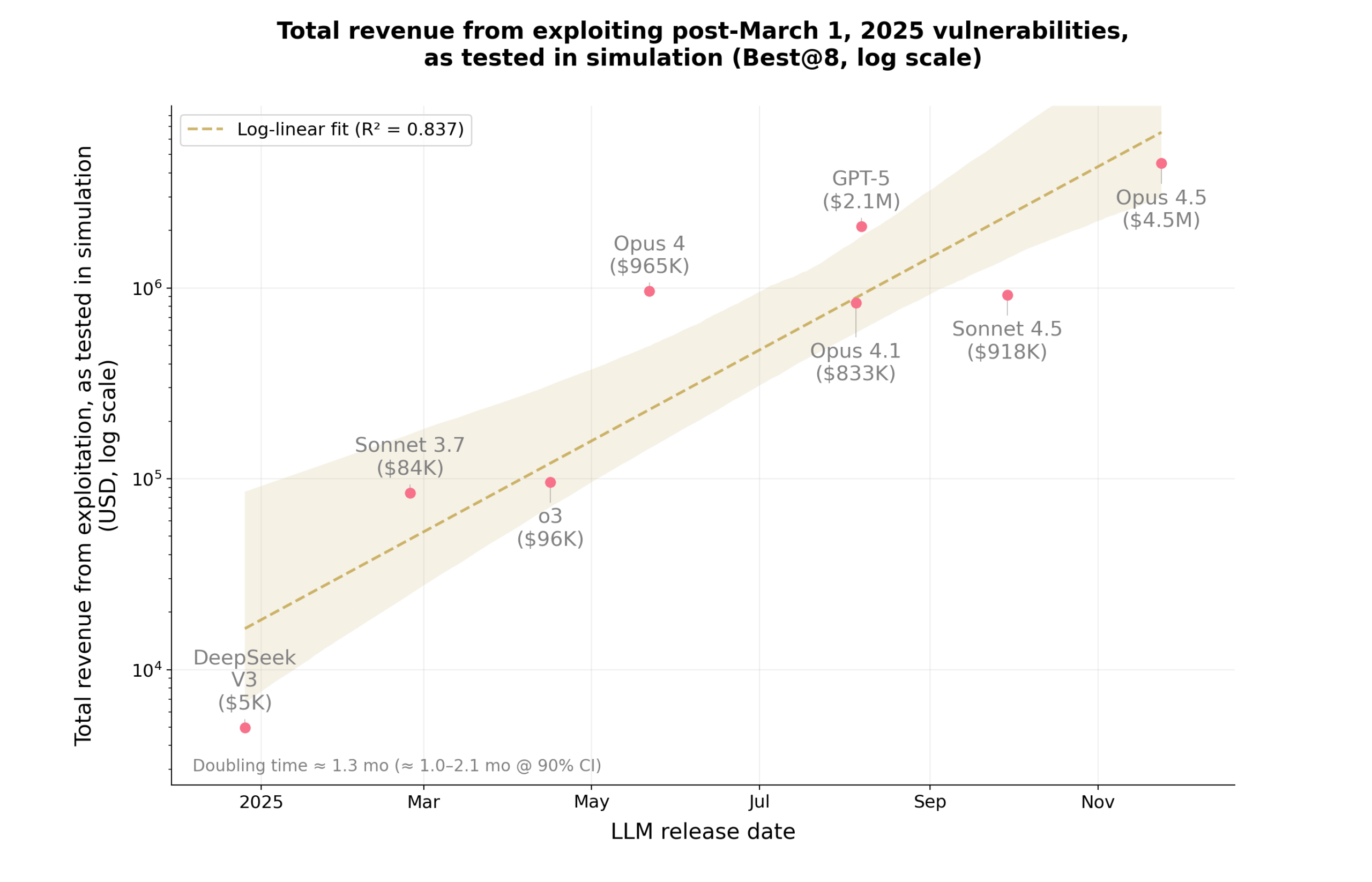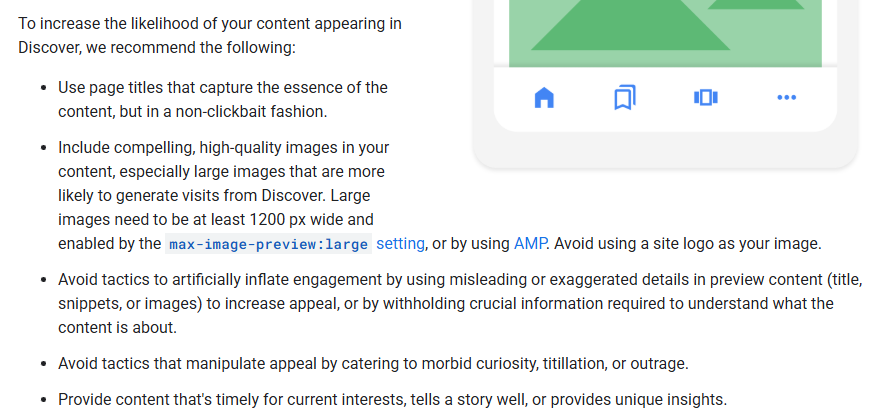The European Union is planning a major expansion of its AI infrastructure. The European Investment Bank (EIB) and the European Commission want to build up to five AI gigafactories across Europe to boost compute capacity for advanced AI models and reduce the region's dependence on foreign technology.
The Commission plans to fund the effort with 20 billion euros through its InvestAI program, and the EIB is considering additional loans. Each site will include about 100,000 high-performance AI chips, described as "the most advanced" available and roughly four times more than existing facilities.
"AI gigafactories will train the most complex, very large AI models, which require extensive computing infrastructure for breakthroughs in domains such as medicine, cleantech and space."
The project falls under the EIB's TechEU program, which aims to mobilize 250 billion euros in investment by 2027.



